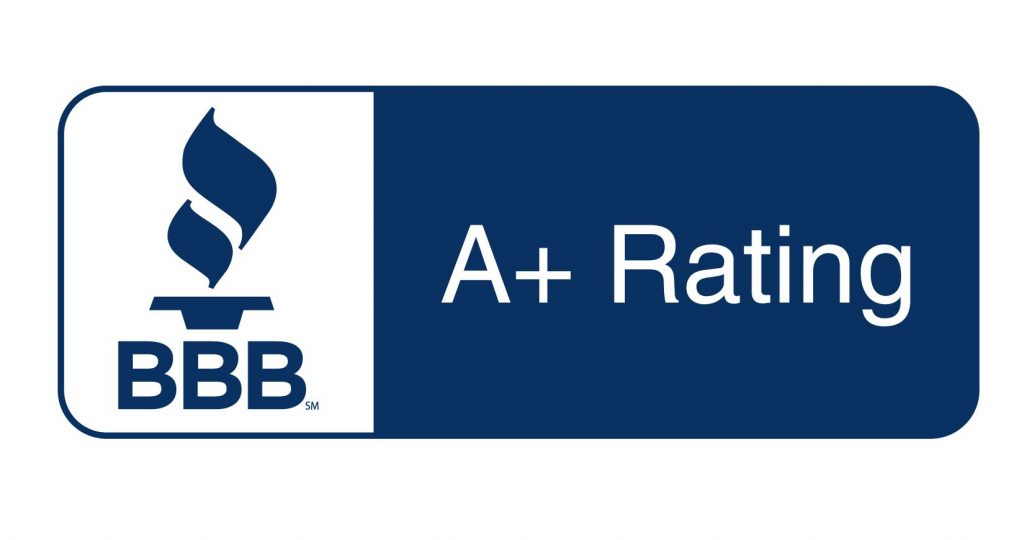Many people are surprised that oral health is closely connected to our overall health. Maintaining healthy teeth is essential for a beautiful smile, but it also plays a significant role in the health of the rest of your body.
However, dental care is often costly, making dental insurance a necessity for most of us. If you have Medicare, it’s important that you consider adding a dental insurance plan to your portfolio since Original Medicare doesn’t cover routine dental services. Today, we’re going to explain how dental insurance works so you can choose the right plan for you and get the most out of your benefits.
How Dental Insurance Works
Like other kinds of insurance, dental insurance works by charging you a monthly premium in exchange for coverage of your dental care. Your premium will depend on how much coverage you want and where you purchase the policy.
Of course, the premium isn’t the only cost you’ll have. Some plans also have an annual deductible. A deductible is the amount you must pay before insurance starts to chip in. Most dental insurance plans have deductibles between $25 and $100 per person. In some cases, the deductible does not apply to preventive care like cleanings and exams.
You’ll also have coinsurance costs based on the service you receive. Every dental plan is different, but plans often breakdown services as follows:
- Preventive care (cleanings, exams, x-rays)
- Basic treatment (fillings, extractions, root canals)
- Major treatment (crowns, bridges, dentures)
In most cases, you’ll have 100% coverage on preventive care, 80% coverage on basic treatment, and 50% coverage on major services.
Be sure to check for services that are excluded from coverage. Most dental plans do not include coverage for esthetic services like veneers and whitening. It’s also not common for plans to cover dental implants, although more and more plans are beginning to offer that coverage.
You may also want to consider if the plan has a missing tooth clause or a least-expensive alternative treatment (LEAT) clause. Both of these clauses will have an impact on your benefits. Lastly, you should find out if your plan has a waiting period. Many plans require you to wait 12 months before they will pay for major services.
How to Choose Dental Insurance
Choosing the dental plan that best suits your needs can be challenging. You should look at the provider network, consider your current treatment needs, and decide if you need extra coverage.
Dental insurance plans use provider networks, just like other health insurance plans. If you see a dentist outside of the plan’s network, you’ll pay more for services. Or, your plan may not pay at all. Find out which insurance companies your current dentist is contracted with so you can choose a plan they accept. You might also consider switching dentists to one that accepts the insurance you have.
If you are just starting to look at dental insurance, consider what treatment you already need. Do you know you need a crown? A few fillings? Use that information to choose a plan that will cover your treatment. On the other hand, if you are someone who rarely needs dental work, a smaller plan with less coverage may be enough for you.
Many Medicare beneficiaries choose to enroll in additional coverage. Since Original Medicare doesn’t cover most routine and preventive dental, vision, or hearing services, it’s convenient to bundle all those things into one insurance plan, called a DVH plan. You can get additional coverage for vision and hearing, and it often doesn’t add much to the monthly premium.
Alternatives to Dental Insurance
There are some alternatives to dental insurance, though they aren’t often as robust as an insurance policy.
Membership Plans: Some offices offer in-house dental membership plans. These plans often have a monthly fee (similar to a premium). In exchange for that fee, you’ll get discounts on dental treatment and usually free cleanings. The downside to these plans is that they are location-specific. If you need to see a specialist, your membership plan will not apply.
Financing: Because the cost of some dental treatments is so high, many offices have financing available. CareCredit is a good example of this. Financing allows you to pay for treatment over time, sometimes with 0% interest.
Indemnity Plans: Indemnity plans are also known as fee-for-service plans. After you have dental treatment, you can submit the claim to the insurance carrier to get reimbursed. Usually, your reimbursement is a fixed amount, like $50 for a dental cleaning.
To learn more about dental insurance, ask your local Medicare experts at Carolina Senior Benefits. We will explain your current dental coverage and find options that fit your specific needs and budgets. Call today for a complimentary consultation.





